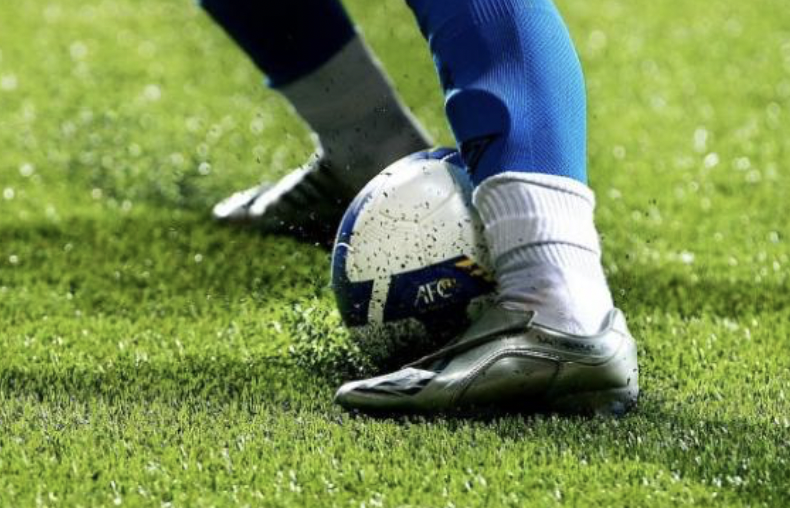October 5 – In April 2023, an EU committee voted for new restrictions against the use of rubber granules, which could doom artificial turf football projects across the continent.
Last week, the European Commission officially embraced the fresh regulations, which encompass the prohibition of microplastics in various applications, including artificial grass football pitches, promoting environmental sustainability. The knock-on implications for grassroots football in particular are significant – both financially and in terms of playing on suitable surfaces all-year round – thousands of artificial pitches being used across Europe to foster grassroots participation and talent development.
The ban on rubber granules underwent a thorough consultation process, and neither the EU Parliament nor the Council raised any objections.
The EC said the updated guidelines will take effect in three weeks. However, a transition period of eight years has been outlined for the gradual elimination of rubber granules from these surfaces, despite the Norwegian Football Association asking for more time.
The UK, which left the European Commission in 2020, will not be affected by the ruling alteration.
The ban on polymeric infill materials will come into force in 2031 after an 8-year transition period. This period has been designed to ensure that existing synthetic turf fields containing polymeric infills can continue to be used and maintained until they reach end-of-life.
It will mean that from 2031 only natural performance infill materials will be permitted for use in synthetic turf systems. The EC said the decision “takes another major step to protect the environment by adopting measures that restrict microplastics”.
Contact the writer of this story, Harry Ewing, at moc.l1752125233labto1752125233ofdlr1752125233owedi1752125233sni@g1752125233niwe.1752125233yrrah1752125233

